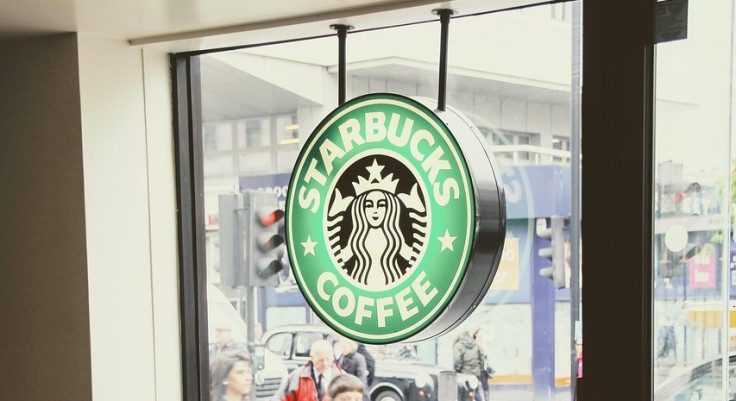Starbucks Under Fire After Latina Mum Receives Racist Joke on Coffee Cup: 'Why Would They Write This?'

Starbucks and its parent company, Target, find themselves under intense scrutiny after a racially insensitive joke appeared on a customer's cup in a Texas store. The incident could prompt increased calls for improved training, oversight, and accountability in corporate-owned and franchised outlets across the nation.
A Wider Question of Training Standards
Blanca Lopez, a Hispanic mother, ordered a horchata latte at the Starbucks inside an Irving Target on 23 June. When her daughter spotted the message, 'What do you call a sick eagle?' Illegally scribbled on the lid, Lopez was deeply hurt and embarrassed.
While the store staff offered immediate apologies, the incident highlights deeper flaws in anti-bias training and day-to-day supervision. Despite repeated public commitments to inclusivity, this episode suggests that such policies may not be effectively filtered through to front-line staff, especially in franchised or licensed settings.
Franchise Model Blamed for Inconsistent Oversight
This Starbucks is one of many run by third-party licensees inside Target stores—a model that can dilute corporate control over staff hiring, training, and day-to-day conduct. Experts say this hybrid setup can complicate efforts to enforce uniform behaviour standards, especially in busy retail environments.
According to a report by ITA Group, which specialises in franchise engagement strategies:
'Maintaining brand consistency across franchise locations requires strong training and oversight mechanisms. Customer retention rates are about 18 % higher when employees are highly engaged through effective training.'
Without tight oversight, even comprehensive policies can fail in practice.
Tarnishing a Vulnerable Brand Reputation
While Starbucks has recovered from past controversies, such as the 2018 Philadelphia arrests, which led to the institution of racial-bias training across its US outlets, this recent incident highlights how swiftly public trust can erode. Mexican-American activist Carlos Quintanilla described the joke as 'disturbing' and emblematic of an uptick in hostile rhetoric toward immigrants, especially in current political climates.
As Starbucks and Target have yet to issue a formal statement, the silence is being interpreted by many in the local Hispanic community as apathy, reinforcing demands for decisive action.
Calls for Independent Review and Better Accountability
In response, consumer and anti-discrimination groups are advocating for:
- External audits of in-store conduct and complaint handling
- Mandatory incident reporting tied to staff appraisals and licences
- Standardised diversity training across both corporate and licensed outlets
- Transparent information for consumers regarding franchise vs company-operated stores
Some suggest that companies like Starbucks could introduce QR-based training reminders or quick cultural-awareness refreshers—technology already used in some healthcare settings—to ensure consistent staff messaging across all outlets.
Implications for Brands Using Hybrid Models
This episode is a test case not just for Starbucks, but for any business operating under franchise, licensing, or co-branded systems. It underscores the importance of agility: policies must be translated into everyday customer interactions, wherever they occur. Especially in high-touch service environments, even minor oversights can quickly escalate into broader reputational damage.
What to Watch For
- Will Starbucks or Target announce independent reviews or third-party audits?
- Will the unnamed barista face disciplinary action, and will Starbucks clarify its zero-tolerance policy in licensed venues?
- Will consumer confidence surveys show a drop in brand sentiment among Latino or minority customers?
This incident serves as a crucial reminder: in an era of growing cultural tension, brands—and the systems behind them—must ensure that respect and inclusion are not optional luxuries, but essential daily practices.
© Copyright IBTimes 2025. All rights reserved.




















